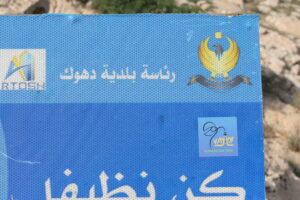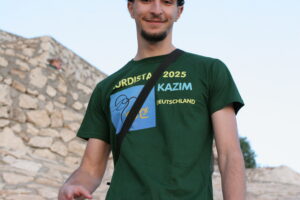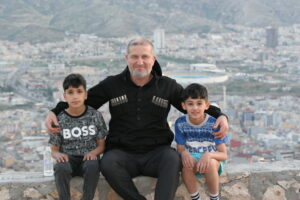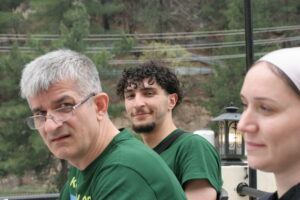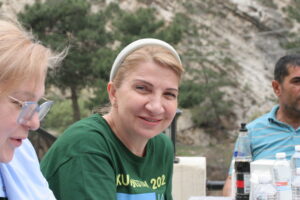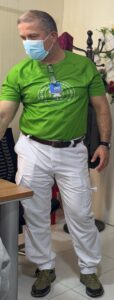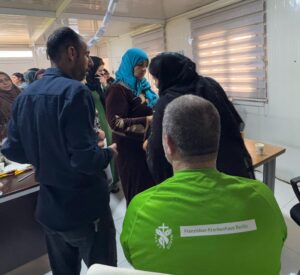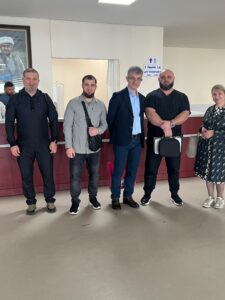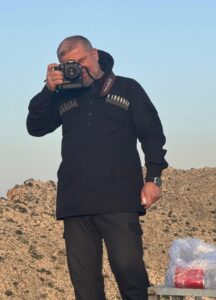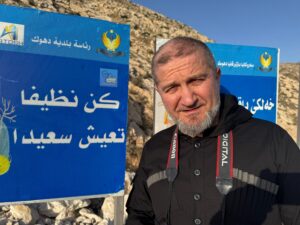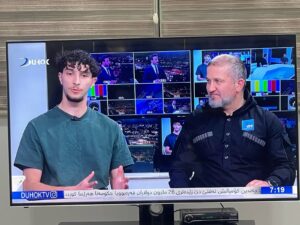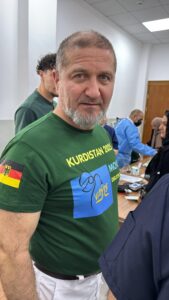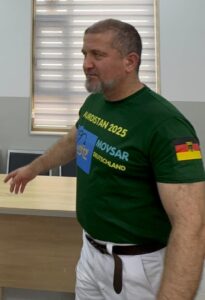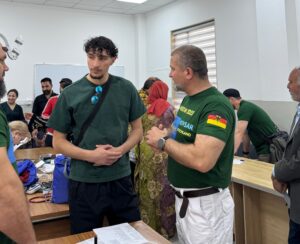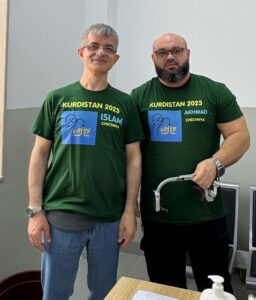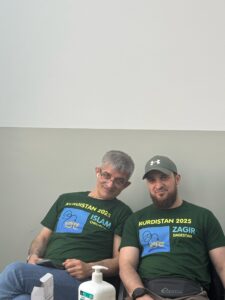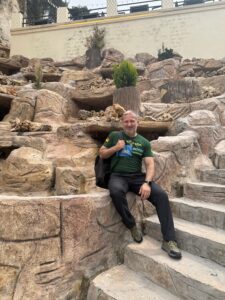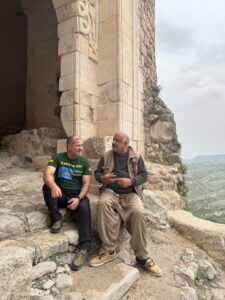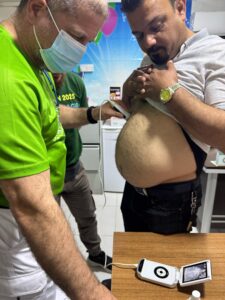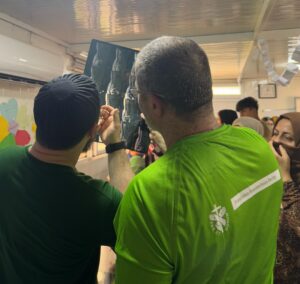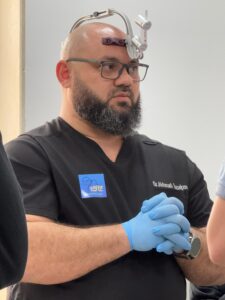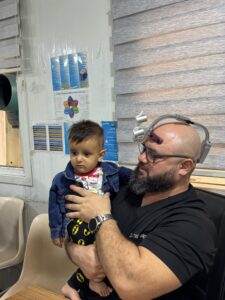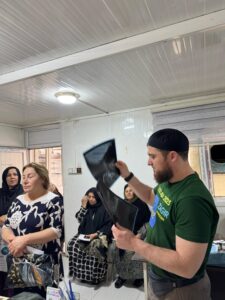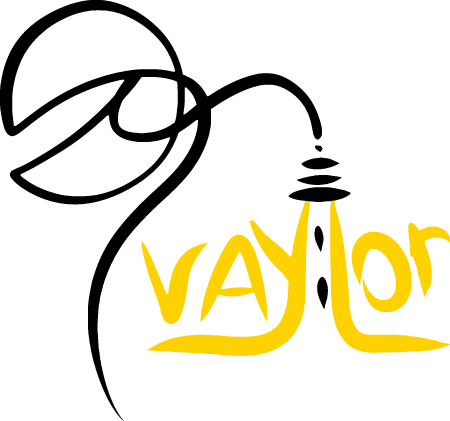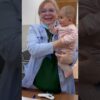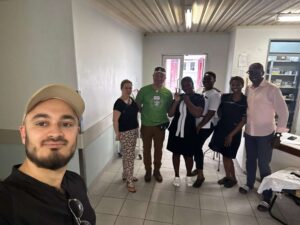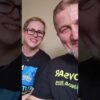We were already in Kurdistan back in 2021. At that time, we were deeply impressed by the country. Ever since, we have been trying to return, but for a long time, we were unable to find people who could help us organize an official invitation to Kurdistan.
Our medical society „Vaylor“ consists of international doctors from various specialties. We have experience working in both Arab and African countries. Our goal is to help patients in need of medical care—especially those who have no access to treatment.
In Berlin, many Kurds live, and through some Kurdish acquaintances, we were eventually able to get in touch with the Ministry of Health. We were officially invited by the Department of Health in Duhok.
At that point, we didn’t know what kind of help we would be able to offer in Kurdistan. The Department of Health organized everything for us: the official invitation, 24/7 transportation, and accommodation in a five-star hotel with two meals per day. All of this was provided to us completely free of charge.
On the first day after our arrival, we were given time to rest and recover at the hotel. On the second day, we were brought to one of the public hospitals. We have worked in many countries and know how difficult the situation in public hospitals often is. But in Duhok, we found a hospital operating at a very high professional level, with highly qualified doctors. We immediately realized that we wouldn’t be able to offer much help there. The hospital and its staff were doing such an excellent job that they didn’t need our support.
However, starting from the second day and for the rest of our stay, we worked in refugee camps—Domiz 1 and Domiz 2. That’s where we were truly needed. We examined a large number of patients and distributed the medications we had brought with us.
In Domiz 1, there were at least some medications available in a pharmacy. In Domiz 2, however, there were neither medications nor a pharmacy. The people told us it was too far for them to travel to another camp, and they wouldn’t be able to obtain the medications we prescribed.
We examined around 150 patients per day, and in total, we treated approximately 500 people over three days.
On the second day, we also held a masterclass in the operating room and performed a laparoscopic hernia surgery. The Azad Hospital has great surgical capabilities.
Now we know what kind of problems exist and how we can prepare better for the next mission. We will do our best to return to Kurdistan and bring more medications and instruments. Next time, we also plan to conduct more masterclasses.
Thank you very much for everything you have done for us. We would be very happy to continue collaborating with you.
With kind regards,
